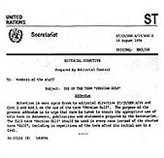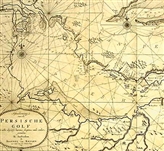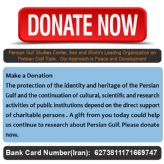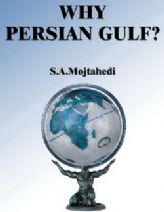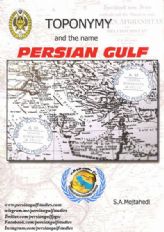Jamal Khashoggi, democracy, and the fate of Saudi female activists
Date: 10/15/2018 12:45:46 PM
Jamal Khashoggi, democracy, and the fate of Saudi female activists
Michael Madha wonders whether Saudi Arabia can become more democratic, Janet Salmon fears for detained activists and Barry Samuel looks to Scottish history for a way to protest
You are right to recount the erratic behaviour by the ruling Saudi crown prince (Jamal Khashoggi wrote the truth about Riyadh. The west should act on it, Editorial, 12 October). It is appalling. However, no country will, or can afford to, go against its own economic interest. And with US and UK operatives in the control rooms of Saudi attacks in Yemen and possibly in other actions, we are deeply involved.
The best that would happen is a small rearrangement of the likely acceptable member of the family replacing the crown prince. Even that runs a risk of civil unrest and interruption of flow of cash to our coffers.
As the kingdom becomes more hierarchical, it is now a question of whether it can move calmly from tribal roots to a more democratic government. Clearly this prince does not fit the requirements of its own economy or the interest of the west.
Michael Madha
Cambridge
• We should see the disappearance of the journalist Jamal Khashoggi in the context of the detention and disappearance of 12 women activists in Saudi Arabia, of whom nothing has been heard since late May, and of the fate of Israa al-Ghomgham. She was sentenced to death with her husband, Moussa al-Hashem, and three other human rights activists (Saudis seek death penalty for female human rights activist, 23 August). Al-Ghomgham will have her execution “confirmed” on 28 October. She has been in Mabahith prison for three years on the charges of anti-government protests, incitement to disobedience of the ruler and providing moral support to protesters.
If she is executed it will threaten the 12 women in custody who include Samar Badawi, a Saudi activist and ex-wife of Waleed Abulkhair, the human rights lawyer jailed for 15 years. She campaigned for her brother, Raif Badawi, who was sentenced to 10 years in prison and 1,000 lashes for setting up a website that championed free speech (Report, 18 June 2017), and received the US International Women of Culture Award in 2012 from Hillary Clinton.
Others include Loujain al-Hathloul, the courageous young woman who drove from the UAE to the Saudi Arabian border, prior to Prince Mohammed allowing women to drive (Report, 19 May). Aisha al-Mana, director of the Al-Mana general hospital, and Professor Aziza al-Yousef are also in jail facing the “terrorism court”.
Christian Freeland, foreign secretary of Canada, has supported the Saudi women activists but other countries remain silent. Are arms sales more important than women’s lives?
Janet Salmon
Richmond
• In 1974, AUEW (Amalgamated Union of Engineering Workers) trade unionists in East Kilbride refused to service engines belonging to Chilean aircraft, which remained in crates for several years. Some claimed their action was pointless, but it wasn’t for Sergio Requena-Rueda, who heard news of it while being tortured in one of Pinochet’s jails. It would be a fitting tribute to Jamal Khashoggi if trade unionists currently manufacturing arms in the Midlands bound for Saudi Arabia were to follow the example of their Scottish predecessors.
Barry Samuel
Reigate, Surrey

